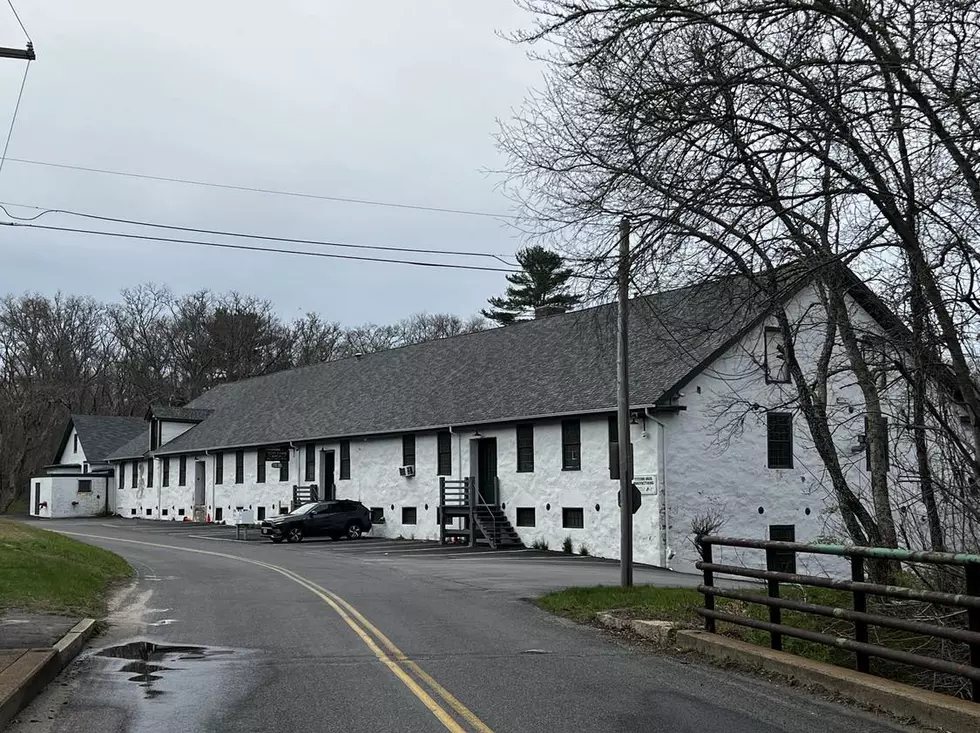
New England Compounding Center Officials Arrested
Mold and bacteria were in the air and on workers’ gloved fingertips. Pharmacists used expired ingredients, didn’t properly sterilize them and failed to test drugs for purity before sending them to hospitals and pain clinics. Employees falsified logs to make it look as if the so-called clean rooms had been disinfected.
Federal prosecutors leveled those allegations in bringing charges Wednesday against 14 former owners or employees of a Massachusetts pharmacy in connection with a nationwide meningitis outbreak that killed 64 people.
U.S. Attorney Carmen Ortiz called it the biggest criminal case ever brought in the U.S. over contaminated medicine.
The 2012 outbreak was traced to tainted drug injections manufactured by the now-closed New England Compounding Pharmacy of Framingham.
Barry Cadden, a co-founder of the business, and Glenn Adam Chin, a supervisory pharmacist, were slapped with the most serious charges, accused in the racketeering indictment of causing the deaths of 25 patients in seven states by acting with ‘‘wanton and willful disregard’’ of the risks.
The other defendants were charged with such crimes as fraud and interstate sale of adulterated drugs.
Ortiz said NECC was ‘‘filthy’’ and failed to comply with even basic health standards, and employees knew it.
More than 750 people in 20 states fell ill — about half of them with a rare fungal form of meningitis, the rest with joint or spinal infections — after getting steroid injections, mostly for back pain. Sixty-four died.
In reaction, Congress last year increased federal oversight of so-called compounding pharmacies like NECC, which custom-mix medications in bulk and supply them directly to hospitals and doctors.
More From WBSM-AM/AM 1420









